In 2017, 12 locally led farming and rural economy initiatives were selected to receive funding under the European Innovation Partnerships (EIP) Initiative. These new initiatives centre on groups coming together to develop and implement innovative ideas to address a specific challenge.
A Teagasc-led EIP called Enable Conservation Tillage (ECT) aims to improve our knowledge of grassweed control in the context of conservation agriculture. Teagasc is now searching for 10 farmers to take part in this five-year project.
The project
Conservation agriculture (CA) establishment systems include minimum tillage, strip tillage and no-till methods. CA systems offer many advantages over plough-based systems but face challenges in Ireland’s wet and often difficult climate. However, effective grassweed control has proven to be a significant challenge thus far.
Grassweed infestations cause both economic losses and quality issues. And the emergence of resistance to a range of herbicide groups has increased the threat.
This project seeks to equip growers and industry with the knowledge and tools to identify the grassweed, quantify the population and address the problem on farm. This will be achieved through a number of initiatives including establishing a network of 10 tillage “focus farms” encompassing both CA and conventional growers.
The key grassweeds are bromes, canary grasses, wild oats and blackgrass. These weeds have increased in number and severity in recent years and will be the focus of this project.
An operational group will drive the project. This consists of farmer groups, chemical companies, seed producers and merchants, an ADAS weed scientist and Teagasc.
So now Teagasc is looking for 10 tillage farmers willing to take part in this project. They want growers using either full inversion, minimum tillage, strip tillage or no-till establishment systems, who have grassweeds on their farm, to take part in this project. The selected farms will have a wide geographical footprint.
What participation entails
Selected farms will operate as normal, but the farmer will be expected to work with the project team and have an interest in developing knowledge and practice in this area.
An area of approximately 30ac will be selected as a focused validation area (FVA) on each farm. The selected field will continue to be farmed as normal but it will form the main demonstration area for the project. The FVA will be divided into three sections based on grassweed control practice:
Existing practice: this will reflect the existing weed control and management practices on the farm to date. Best practice: this will include a number of additional actions on top of existing practices.Enhanced practice: the third area will include additional measures on top of best practice in order to achieve more thorough weed control.The FVA will remain in the same location on each farm for the duration of the project. This will serve as a means of comparing management practices within each farm and to some extent across farms with different establishment systems. A dedicated adviser, researcher and technician assigned to the project will work closely with each farm to develop the grassweed control programme.
What’s in it for farmers?
Farmers will receive intensive advice from the project team in relation to grassweed control, get herbicide resistance testing and be part of a new network of growers.
Farmers will also be compensated for their time (€1,500 per year) and the cost of additional measures (eg cover crops) will also be covered. They are then expected to share their experiences through workshops and farm walks.
How to apply
Any grower who is interested in taking part in this project, or who would like to find out more information about it, should make contact with their local Teagasc tillage adviser or email grassweeds.ect@teagasc.ie.
Applicants will be shortlisted before receiving a farm visit in June/July 2018 to assess the farm and FVA. The project will then commence later this summer.
In 2017, 12 locally led farming and rural economy initiatives were selected to receive funding under the European Innovation Partnerships (EIP) Initiative. These new initiatives centre on groups coming together to develop and implement innovative ideas to address a specific challenge.
A Teagasc-led EIP called Enable Conservation Tillage (ECT) aims to improve our knowledge of grassweed control in the context of conservation agriculture. Teagasc is now searching for 10 farmers to take part in this five-year project.
The project
Conservation agriculture (CA) establishment systems include minimum tillage, strip tillage and no-till methods. CA systems offer many advantages over plough-based systems but face challenges in Ireland’s wet and often difficult climate. However, effective grassweed control has proven to be a significant challenge thus far.
Grassweed infestations cause both economic losses and quality issues. And the emergence of resistance to a range of herbicide groups has increased the threat.
This project seeks to equip growers and industry with the knowledge and tools to identify the grassweed, quantify the population and address the problem on farm. This will be achieved through a number of initiatives including establishing a network of 10 tillage “focus farms” encompassing both CA and conventional growers.
The key grassweeds are bromes, canary grasses, wild oats and blackgrass. These weeds have increased in number and severity in recent years and will be the focus of this project.
An operational group will drive the project. This consists of farmer groups, chemical companies, seed producers and merchants, an ADAS weed scientist and Teagasc.
So now Teagasc is looking for 10 tillage farmers willing to take part in this project. They want growers using either full inversion, minimum tillage, strip tillage or no-till establishment systems, who have grassweeds on their farm, to take part in this project. The selected farms will have a wide geographical footprint.
What participation entails
Selected farms will operate as normal, but the farmer will be expected to work with the project team and have an interest in developing knowledge and practice in this area.
An area of approximately 30ac will be selected as a focused validation area (FVA) on each farm. The selected field will continue to be farmed as normal but it will form the main demonstration area for the project. The FVA will be divided into three sections based on grassweed control practice:
Existing practice: this will reflect the existing weed control and management practices on the farm to date. Best practice: this will include a number of additional actions on top of existing practices.Enhanced practice: the third area will include additional measures on top of best practice in order to achieve more thorough weed control.The FVA will remain in the same location on each farm for the duration of the project. This will serve as a means of comparing management practices within each farm and to some extent across farms with different establishment systems. A dedicated adviser, researcher and technician assigned to the project will work closely with each farm to develop the grassweed control programme.
What’s in it for farmers?
Farmers will receive intensive advice from the project team in relation to grassweed control, get herbicide resistance testing and be part of a new network of growers.
Farmers will also be compensated for their time (€1,500 per year) and the cost of additional measures (eg cover crops) will also be covered. They are then expected to share their experiences through workshops and farm walks.
How to apply
Any grower who is interested in taking part in this project, or who would like to find out more information about it, should make contact with their local Teagasc tillage adviser or email grassweeds.ect@teagasc.ie.
Applicants will be shortlisted before receiving a farm visit in June/July 2018 to assess the farm and FVA. The project will then commence later this summer.




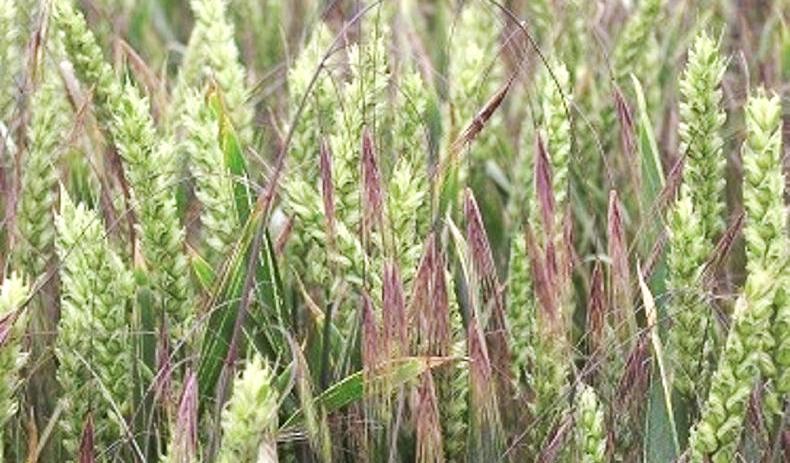
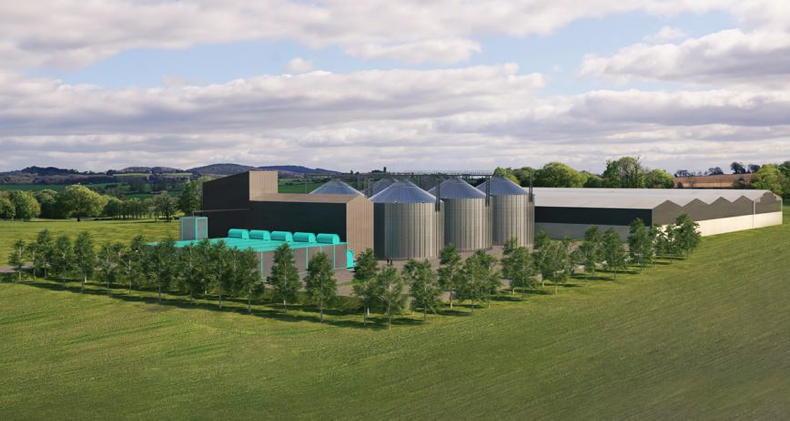

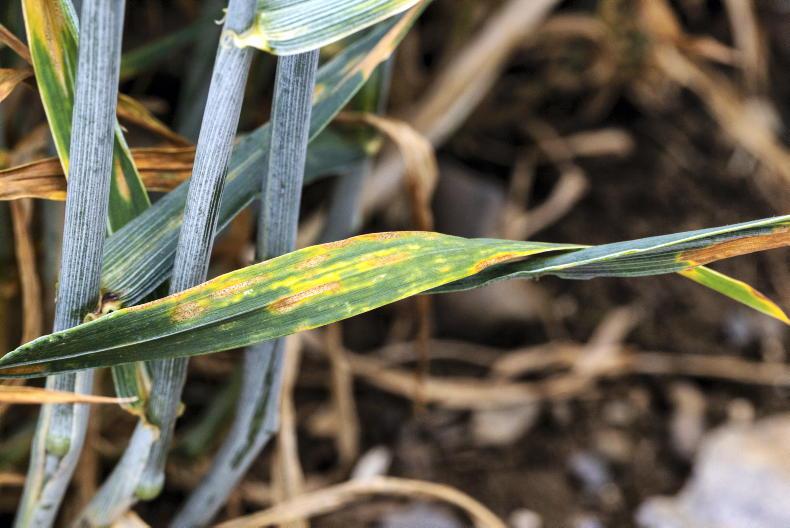
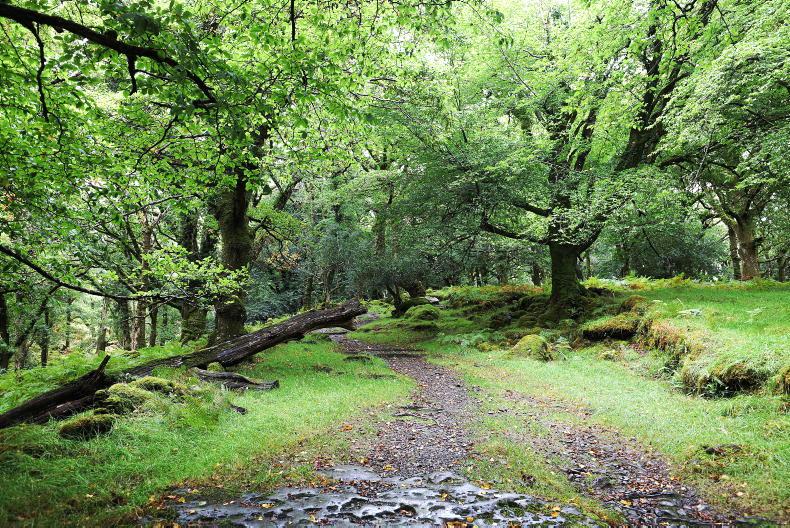
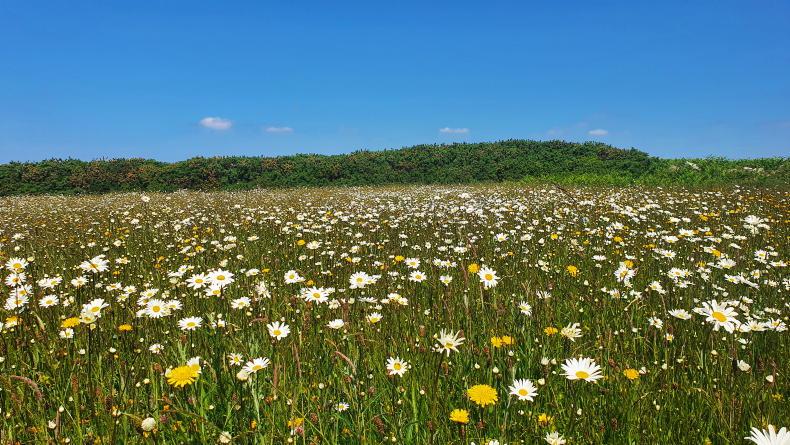
SHARING OPTIONS